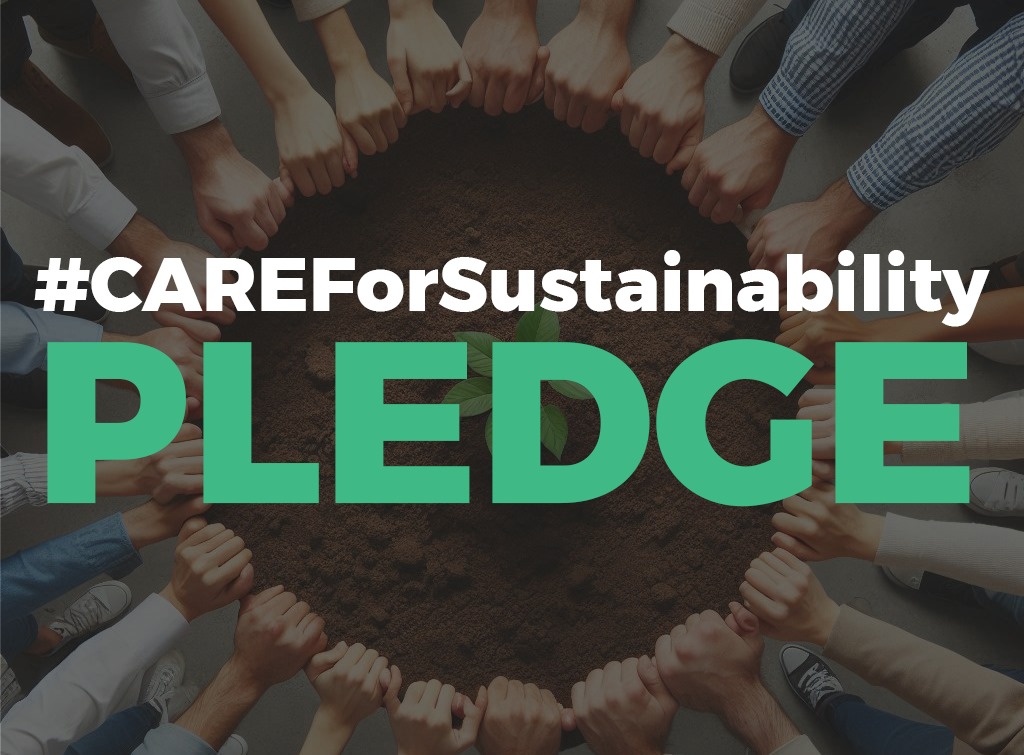ESG has become a cornerstone in the global push towards a more sustainable future, playing a critical role in supporting industries that are at the heart of sustainability. By directing capital towards environmentally and socially responsible projects, sustainable finance not only promotes the growth of these core industries but also accelerates the transition to a low-carbon economy. This article explores how sustainable finance is aiding key industries like renewable energy, sustainable agriculture, green construction, and waste management, which are essential for achieving global sustainability goals.
- Renewable Energy: Powering the Green Transition
Renewable energy is a vital component of the sustainability movement, offering a clean and abundant alternative to fossil fuels. Sustainable finance is driving the growth of the renewable energy sector by providing the necessary capital to develop, scale, and deploy clean energy technologies.
- Green Bonds: Green bonds have been a significant source of funding for renewable energy projects. Governments and private entities issue these bonds to finance solar farms, wind power installations, and hydroelectric plants. By offering a steady flow of capital, green bonds help reduce the cost of renewable energy projects, making them more competitive with traditional energy sources.
- Sustainable Investment Funds: Many investment funds now prioritize companies with strong ESG (Environmental, Social, and Governance) profiles, including those in the renewable energy sector. These funds attract investors who are looking to support sustainable development while earning returns. This influx of investment capital has enabled renewable energy companies to expand operations, innovate, and reduce carbon emissions.
- Public-Private Partnerships: Governments and financial institutions are increasingly collaborating through public-private partnerships to fund large-scale renewable energy projects. These partnerships leverage the expertise and resources of both sectors to develop sustainable energy infrastructure that meets the growing demand for clean power.
- Sustainable Agriculture: Feeding the Future Responsibly
Agriculture is another critical industry where sustainable finance is making a significant impact. Sustainable agriculture practices aim to meet the world’s food needs while minimizing environmental impact, preserving natural resources, and ensuring economic viability for farmers.
- Impact Investing: Impact investors are increasingly focused on funding agricultural projects that promote sustainability. These investments support organic farming, agroforestry, regenerative agriculture, and other practices that enhance soil health, reduce chemical use, and conserve water. By providing capital to these initiatives, sustainable finance helps create a more resilient and sustainable food system.
- Microfinance for Farmers: In developing countries, small-scale farmers often lack access to traditional financing. Microfinance institutions play a crucial role in providing these farmers with the necessary capital to adopt sustainable practices. By offering small loans, microfinance enables farmers to invest in better seeds, irrigation systems, and eco-friendly technologies, ultimately improving their livelihoods and contributing to food security.
- Sustainable Supply Chains: Sustainable finance also supports the development of sustainable supply chains in agriculture. By financing projects that enhance transparency, traceability, and fair trade, investors help ensure that agricultural products are produced in an environmentally and socially responsible manner, benefiting both producers and consumers.
- Green Construction: Building for a Sustainable Future
The construction industry has a significant environmental footprint, but it also holds immense potential for sustainability. Sustainable finance is playing a key role in transforming this industry by promoting green building practices and energy-efficient technologies.
- Green Building Certifications: Sustainable finance supports the adoption of green building standards, such as LEED (Leadership in Energy and Environmental Design) and BREEAM (Building Research Establishment Environmental Assessment Method). These certifications encourage the construction of energy-efficient, environmentally friendly buildings by providing financial incentives to developers who meet sustainability criteria.
- Energy-Efficient Mortgages: Financial institutions are offering energy-efficient mortgages that provide lower interest rates or higher loan amounts for homes that meet specific energy efficiency standards. These financial products incentivize homeowners and builders to invest in energy-saving technologies, such as solar panels, high-performance insulation, and smart home systems.
- Sustainable Infrastructure Investments: Governments and investors are increasingly directing capital towards sustainable infrastructure projects. These projects include the construction of green buildings, smart cities, and resilient transportation systems that reduce carbon emissions and improve quality of life. Sustainable finance ensures that these projects are not only economically viable but also environmentally responsible.
- Waste Management: Turning Waste into Resources
Waste management is a crucial industry for sustainability, as it directly addresses the challenges of pollution, resource depletion, and environmental degradation. Sustainable finance is helping to revolutionize this industry by funding innovative waste management solutions and circular economy initiatives.
- Circular Economy Investments: Sustainable finance is increasingly supporting businesses that operate within the circular economy model, where waste is minimized, and materials are reused or recycled. Investments in recycling facilities, waste-to-energy plants, and composting programs are helping to reduce the environmental impact of waste and create new economic opportunities.
- Social Impact Bonds: Social impact bonds (SIBs) are being used to fund waste management projects that deliver both environmental and social benefits. For example, SIBs may finance programs that reduce landfill waste while providing employment opportunities in disadvantaged communities. These bonds align financial returns with positive social outcomes, making them an attractive option for impact investors.
- Technological Innovation: Sustainable finance is also driving innovation in waste management by funding the development of new technologies, such as advanced recycling processes, bioplastics, and waste-to-energy conversion. These innovations are critical for reducing the environmental impact of waste and creating more sustainable consumption patterns.
Don’t miss out on the opportunity to connect with Global Sustainability leaders at the 2nd Annual Future Sustainability Forum, happening on 4-5 December 2024 at Madinat Jumeirah, Dubai.🌱
Let’s shape Greener economies together! 🌲
